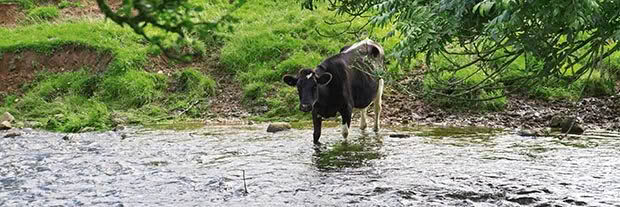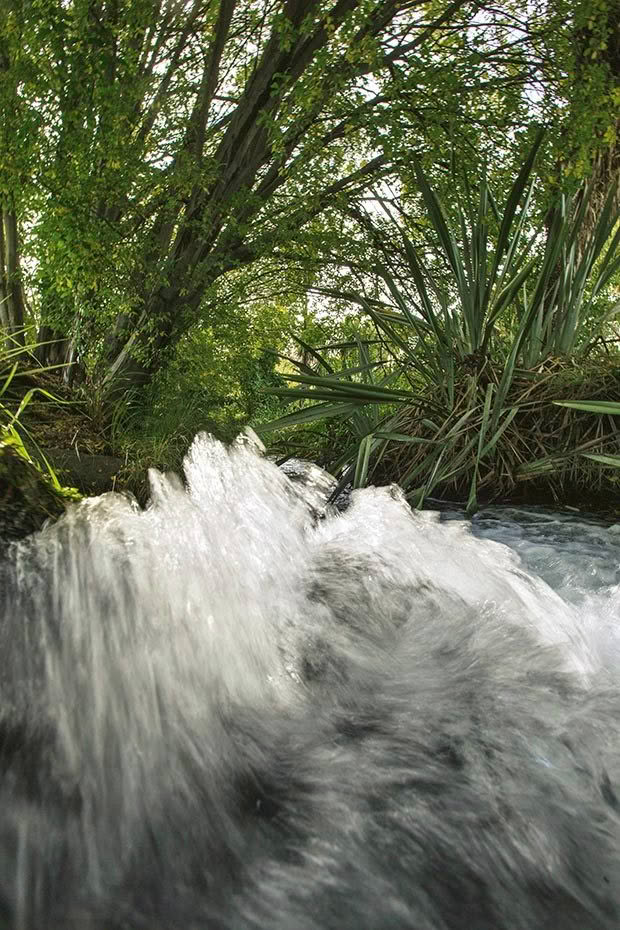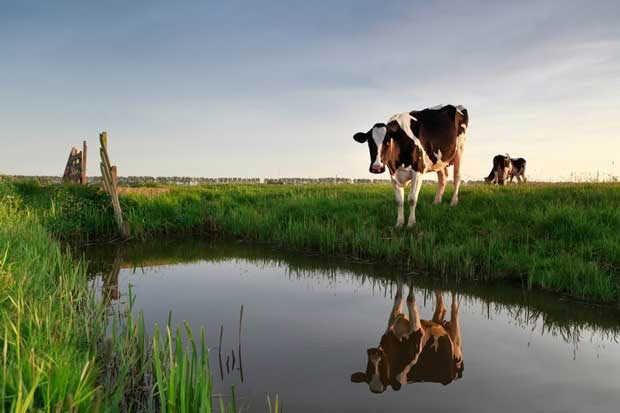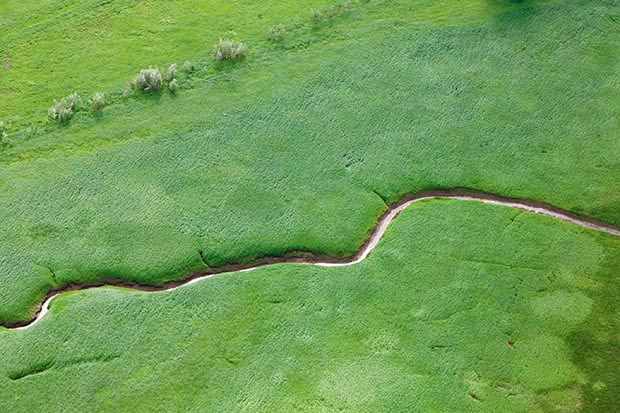The murky world of New Zealand water

The discussion around the state of NZ’s fresh water isn’t short of an opinion or two, but science is speaking out more loudly.
Words: Abby Matthews
Water is an emotive topic of conversation. There is an understandable reluctance for scientists to venture into the public arena when it comes to the freshwater debate. Advocacy has its place, but in this ‘post-truth’ world, where is the earnest voice of reason?
The health of waterways is undisputedly important to the majority of New Zealanders. However, recent commentary paints a picture of a nation that rests on its laurels and drags the chain in maintaining and improving water quality.
Despite stories of widespread and continued degradation of our waterways – and there are certainly cases where this is true – it is by no means all doom and gloom. In the Horizons region, which covers the Manawatu and Whanganui, we are seeing encouraging signs of improvement.

Scientists generally report two key measures for water quality: state and trend.
Recent analysis of 10 and 25 year trends highlights significant improvements in nitrogen, phosphorus and bacteria at a number of sites throughout the Manawatu-Whanganui region. Many of these sites are located in catchments that include intensive farming.
Novel techniques tell us how long it takes for water (and nutrients) to travel from land to water. We now know that water takes on average less than two years to reach streams in the upper Manawatu catchment, and four to seven years to move through groundwater to the Manawatuū River. This suggests that the improvements we are making today may be seen relatively soon.

Reducing run-off through stock exclusion and riparian planting reduces in-stream nutrients and bacteria, and also provides much-needed habitat for fish and bugs. The benefits of riparian management are well-established, and the Horizons Regional Council is targeting this work to areas where it can achieve the best outcome for each catchment.
Emerging research suggests that the ability for the environment to process nutrients varies widely. Not all catchments are created equal. In some areas of the region I work in, the environment appears to play a significant role in attenuating (reducing the effect of) nutrients before they reach groundwater bores or waterways. As our knowledge of the complex relationships between soil, geology, water quality and ecosystems grows, so too does our understanding of the different levers we can pull to improve the health of our waterways.
There is no disputing that many of New Zealand’s waterways are showing signs of pressure. We cannot become complacent. The challenges before us are difficult and complex.
However, there is much that can be done to improve things. In my region, initiatives such as the Manawatu River Leaders’ Accord drives change by ensuring that urban wastewater treatment plants are performing as they should, and that farmers are improving systems and practices to reduce the amount of sediment, nutrients and bacteria making their way into our waterways.

Ensuring everyone has access to the information Horizons collects is key. As communities, we must have open and honest conversations about water quality and natural resource management. Land, Air, Water Aotearoa (LAWA, www.lawa.org.nz) is New Zealand’s website for environmental information, providing open access to regional council monitoring data, along with information about how this data is collected, analysed and reported. LAWA includes live access to river flow and groundwater levels, the latest air monitoring and water quality results, and information on the suitability of popular spots for swimming and recreation.
Insinuations of public ignorance and apathy made by some in recent years are, in my experience, largely unfounded. The people of our region come from all walks of life, across a range of sectors, and hail from both rural and urban communities. We are not naive, nor are we complacent.
As Kiwis, we’re renowned for our ingenuity, our adventurous spirit, our willingness to dig deep and find solutions to the toughest of challenges. We have smart people, with new ideas, who are engaged and forward-thinking. Let’s support them.
By providing people with the right tools and resources, we can support growing businesses and the economy while ensuring we take appropriate steps to care for the environment around us.
This is everything from efficient water use to improved land use practices, effective septic systems to fit-for-purpose urban wastewater treatment and stormwater management. There are so many ways in which we can make improvements and play our part in improving water quality.
We are all responsible for the health of our waterways. Now is the time to set the finger-pointing aside and engage in open and honest discussions. Let’s strive to address what is not working, and also acknowledge what is. If honesty is to be served, then let’s ensure it is on everybody’s plate.
Love this story? Subscribe now!
 This article first appeared in NZ Lifestyle Block Magazine.
This article first appeared in NZ Lifestyle Block Magazine.
